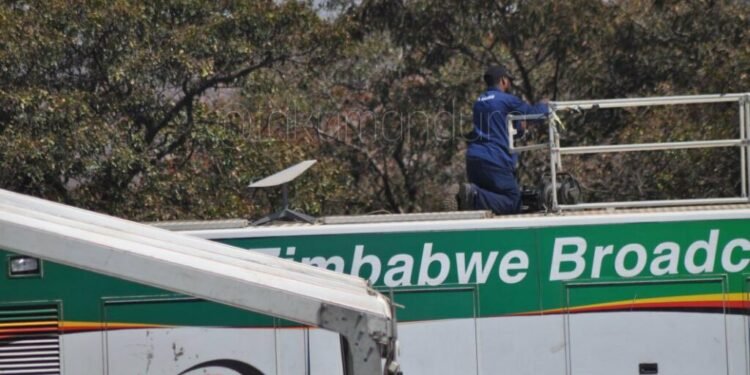By the end of January 2023, Starlink —a satellite-based internet service developed by SpaceX— made its first official launch in the African market. The company aimed to bring high-speed, low-latency internet to areas where it is either unreliable or inaccessible. Eight months of anticipation preceded its arrival, and so a lot of fanfare accompanied it.
It’s been eight months since this journey began. Starlink started operations in Nigeria and has since gained a foothold in several other African countries such as Mozambique, Rwanda, Sierra Leone etc. It plans to roll out to 19 more countries between this year and the next. Many have rooted for Starlink’s arrival to play a vital role in bridging Africa’s digital divide. But its path has witnessed more roadblocks than expected. From regulatory hurdles to high prices, gaining the upper hand in the African market is a Herculean task.
On August 14th, South Africa banned the import of Starlink kits. Before this happened, Starlink had not gained an operating license in the country. However, IT Lec, a local internet service provider, had been acting as an intermediary for its customers, importing Starlink kits and managing their accounts. The company offered a Starlink kit at ZAR 15 K and charged a monthly service fee of ZAR 1,799.
Starlink is not yet available in South Africa because of a legal obstacle. According to the Electronics Communications Act, a company that wants to offer broadband services locally must have at least 30% of its ownership by historically disadvantaged groups (HDGs). These groups include black people, youth, women, and people with disabilities. Starlink has not met this requirement and, therefore, cannot get the necessary telecommunications licenses.
A similar scenario is happening in neighbouring Zimbabwe, where authorities declared Starlink illegal. According to the Postal and Telecommunications Regulatory Authority of Zimbabwe (POTRAZ), Starlink does not yet have a licence in Zimbabwe. “Being found in possession or operating telecommunication equipment/system without a valid license, certificate or authorisation from POTRAZ is a statutory offence punishable by law,” Dr G.K Machengete, director general of POTRAZ, said in a statement.
Meanwhile, the company’s website states that it plans to launch in Zimbabwe in Q3 2023. However, the regulator gave Starlink an alternative. Starlink could partner with a registered public network in the country to distribute the service or require its users to apply for private network licenses. Starlink has become popular in Zimbabwe, with social media users sharing pictures of the service’s router mounted on their premises. Even the country’s national broadcaster, the Zimbabwe Broadcast Corporation, has been spotted using the service.

In Senegal, it’s a more strict affair. On August 7th, the Senegalese government arrested five people for selling Starlink terminals without the required licence or authorisation. The telecommunications regulatory authority also warned the public against marketing Starlink and any other company with similar activities. The five people arrested face up to five years imprisonment and a 60 million CFA ($100,000) fine. However, this action is not unconnected from the internet shutdowns in the West African country.
Starlink’s worries don’t end on the government side. Many user complaints have trailed its launch, ranging from server glitches to device limitations.
This is a screenshot from last night when it rained…Starlink wouldn’t even run the Speedtest. pic.twitter.com/29VgjnByaP
— Fisayo Fosudo (@Fosudo) March 7, 2023
Shame will not allow some of you that bought starlink to utter “omo, I regret this decision sha” ????
Because why are you getting 20Mbps for a device that costs that much for installation and monthly subscription?
Not some of you buying to “pepper” us.
Starlink una.
— ????S.A.L.A.K.O???? (@UnkleAyo) March 6, 2023
Also, the price problem has not changed. Starlink charges much higher than the average African ISP and only takes payments in dollars.
Starlink won’t replace MTN anytime soon. The people who should fear Starlink are broadband ISP companies. Mobility and the high speed of 5G trumps a stationary device with an antenna. Plus you have to find dollars to pay for it. MTN will take your Naira and keep improving.
— Osaretin Victor Asemota (@asemota) February 7, 2023









